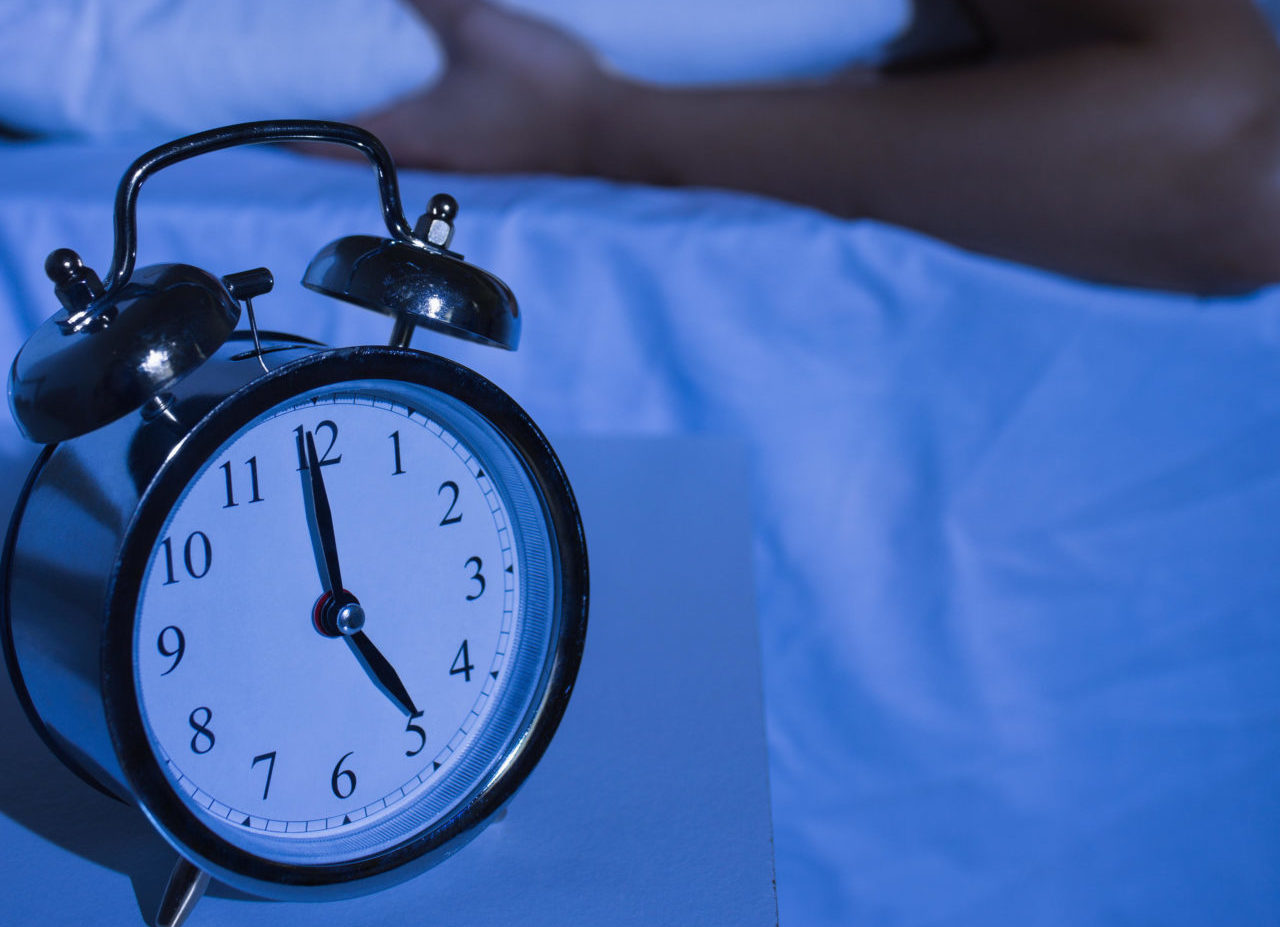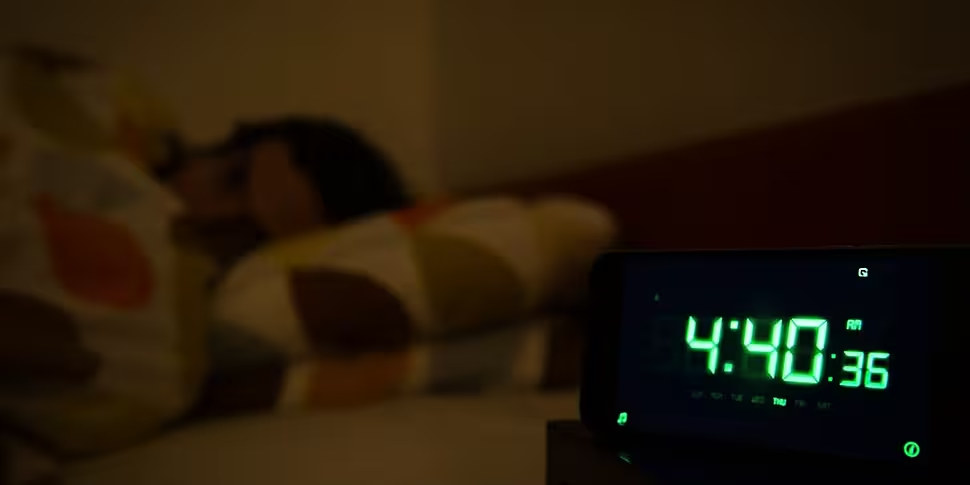People shouldn't be hitting the snooze button on their morning alarm more than once, a sleep expert has said.
Tom Coleman was speaking as research suggests almost 80% of Irish people are sleep deprived.
Meanwhile around 62% of adults worldwide feel that they don't sleep well when they go to bed.
Mr Coleman told Alive and Kicking the body takes some time to adjust in the morning.
"In 10 years of working with people there are very, very few who wake up in the morning and feel full of energy and refreshed," he said.
"I always ask people, 'How do you feel after 30 minutes?', that's a better indication.
"It does take a little while to wake the systems up from sleep.
"Even the nature of sleep is you will get a lot more deep sleep earlier in the night; and slowly the deeper sleep stages out in each cycle to get less and less to get you ready to wake up".
How we wake up
Mr Coleman said a lack of sleep hits people differently.
Symptoms can include daytime sleepiness, fatigue, low energy levels and not feeling mentally sharp.
"It can impact people in different ways, but if you just feel lethargic, drained, feel like you could sleep during the day, you're not getting enough sleep," he said.
He said how people wake up is key, with "modern conveniences" impacting that.
"A lot of people will hit the snooze button five, six, seven times and drag themselves out of bed," he explained.
"Drag themselves out of bed, not feel fantastic, and go downstairs and start pouring coffee into themselves to feel awake - or grab their phones first thing.
"We're not sending the right signals and that's a huge thing for me."
 An alarm clock in front of a sleeping woman. Picture by: Zoonar GmbH / Alamy Stock Photo
An alarm clock in front of a sleeping woman. Picture by: Zoonar GmbH / Alamy Stock PhotoMr Coleman has this advice.
"A better way is [to] get up - I give people one go on the snooze button - get up and get bright light," he said.
"We have receptors in our retina, in our eye, specifically for morning light.
"That will activate it: it's the fastest way to clear grogginess - adenosine floating around in your system.
"That's what you're feeling when you're feeling groggy and tired, it's the adenosine.
"The fastest way to do that is natural light".
'A pulse of cortisol'
Mr Coleman said this is the best way to face the day.
"You will feel much more awake - it will activate, it will really strengthen the cortisol response in the morning," he said.
"We get a pulse of cortisol, and that's to get you into action for the day.
"If we're not getting that, then we're not feeling it - it's taking us much longer.
"How we wake up is really important".
Mr Coleman said how you structure your day also matters.
"We're talking [about doing] the creative stuff later in the day, we're talking [about doing] the linear stuff earlier in the day," he said.
"We're talking about the cognitively demanding stuff earlier in the day, because we're much better able to lean into it earlier.
"We're wired that way; we're better able to deal with stress earlier," he added.
Listen back below:









